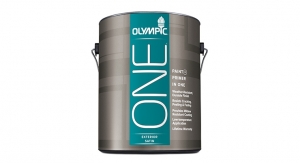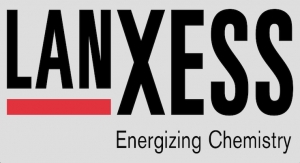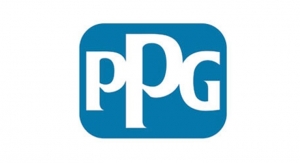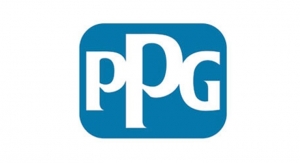Kerry Pianoforte, Editor04.09.18
As this issue goes to press President Donald Trump called for the initiation of tariffs on approximately $50 billion worth of Chinese imports as a result of an investigation into intellectual property theft, which has been a source of discord in U.S.-China trade relations. This tariff comes right after the Trump administration’s steel and aluminum tariffs directed at China.
The day after the most recent tariff announcements China announced its own tariffs on $3 billion worth of U.S. imports, including fruit, pork, wine and seamless steel pipes, which Beijing said was in response to the steel and aluminum tariffs.
According to reporting from the The New York Times, the list of 128 products that could be affected by Chinese tariffs did not mention soybeans, smartphones or other electronic products, which leaves open the possibility that they would be hit by another round of Chinese retaliation in reaction to Trump’s latest tariffs, or perhaps open up negotiations to avoid a trade war.
China’s ambassador to Washington, Cui Tiankai, issued a statement that Beijing would retaliate against the recent tariffs.
“We do not want a trade war with the United States or with anybody else, but we are not afraid of it,” Cui said, according to Xinhua, the official news agency. “If somebody tries to impose a trade war upon us, we will fight. We will do whatever we can to defend the legitimate interests.”
These tariffs have prompted major concerns of an escalating trade war between the U.S. and China. Such a trade war would certainly have a negative impact on U.S. consumers, agribusiness and manufacturing and ultimately the paint and coatings industry.
Our China correspondent, Arnold Wang, addresses this issue in his latest column.
“Around three quarters of imported cell phone comes from China. So if the trade war between these two countries really starts, the industrial coatings market in China, especially the high value segment, will take a hit. And it will be extremely bad news for foreign coatings companies such as PPG in China because they are the leaders in this market segment.”
The day after the most recent tariff announcements China announced its own tariffs on $3 billion worth of U.S. imports, including fruit, pork, wine and seamless steel pipes, which Beijing said was in response to the steel and aluminum tariffs.
According to reporting from the The New York Times, the list of 128 products that could be affected by Chinese tariffs did not mention soybeans, smartphones or other electronic products, which leaves open the possibility that they would be hit by another round of Chinese retaliation in reaction to Trump’s latest tariffs, or perhaps open up negotiations to avoid a trade war.
China’s ambassador to Washington, Cui Tiankai, issued a statement that Beijing would retaliate against the recent tariffs.
“We do not want a trade war with the United States or with anybody else, but we are not afraid of it,” Cui said, according to Xinhua, the official news agency. “If somebody tries to impose a trade war upon us, we will fight. We will do whatever we can to defend the legitimate interests.”
These tariffs have prompted major concerns of an escalating trade war between the U.S. and China. Such a trade war would certainly have a negative impact on U.S. consumers, agribusiness and manufacturing and ultimately the paint and coatings industry.
Our China correspondent, Arnold Wang, addresses this issue in his latest column.
“Around three quarters of imported cell phone comes from China. So if the trade war between these two countries really starts, the industrial coatings market in China, especially the high value segment, will take a hit. And it will be extremely bad news for foreign coatings companies such as PPG in China because they are the leaders in this market segment.”















